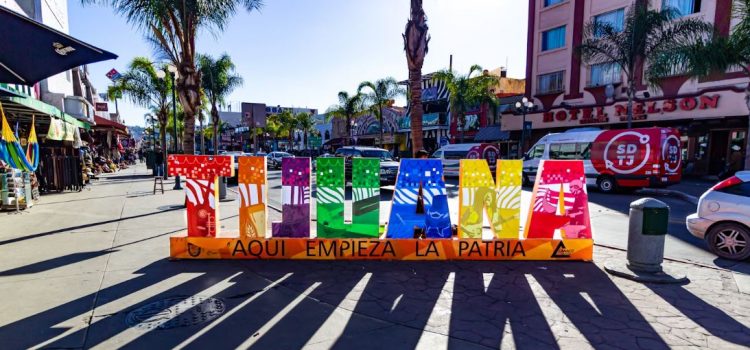
What happens to families when they get entangled with cartels? How can a single failed project lead to a dynasty’s downfall?
In the book Pesos, Pietro “Picho” La Greca Jr.’s story unfolds against the backdrop of the Tijuana, Mexico cartel’s influence. This tale of a family’s descent from power explores the consequences of risky business ventures and illicit connections.
Keep reading to discover how a failed project became the catalyst for a dynasty’s downfall.
Conflicts With the Tijuana, Mexico Cartel and Authorities
The La Greca family found themselves increasingly entangled in legal chaos, facing allegations of widespread money laundering, unauthorized use of official customs clearances, tampering with international trade, and illicitly channeling money from state-awarded agreements. In a nation characterized by widespread corruption, these actions came with considerable legal risks. A covert investigation led by Mexico’s head of state suggested that impending judicial measures, fueled by escalating personal animosities, led to the arrest of important family members.
The Arellano-Félix family maintained unchallenged dominance over the Tijuana, Mexico cartel through their formidable influence. Their reputation for assassinating those who trespassed on their profitable territory without sharing the spoils set a grim backdrop. The syndicate’s intolerance for delayed repayments on ambitious construction ventures resulted in ominous threats and harsh reprisals. The family’s ties with dangerous individuals led to a series of risks and ultimately to the tragic end of Nando, a key figure in their personal and business relationships.
The Failed Plaza San Fernando Project
The project undertaken at a different location became a symbol of the catastrophic administrative failures that accelerated the family’s downfall. Ambitious yet poorly executed financial strategies, opaque architectural designs, and reckless disregard for sound business practices were the hallmarks of this doomed enterprise. Nando, notorious for his questionable financial expertise and penchant for extravagant expenditures, led the initiative that appeared destined to fail. His life was abruptly cut short when he couldn’t fulfill his monetary commitments, culminating in a fatal encounter with the Tijuana Cartel.
The family’s wealth dwindled quickly due to escalating legal costs, pervasive corruption, and the advent of modernity which rendered their age-old business practices outdated. Their financial collapse appeared inevitable as every asset they owned was either burdened with debt or exhausted, including the final tract of land that represented the bastion of their dominion.
The story unfolds with Pietro Sr. surrendering his legitimate authority, coupled with Nando’s tragic end, underscoring a period marked by decline and grief. The once-mighty lineage witnessed the erosion of its power, influence, and wealth, leaving only traces of a clan that had ascended too ambitiously, reminiscent of flying too close to the sun.






